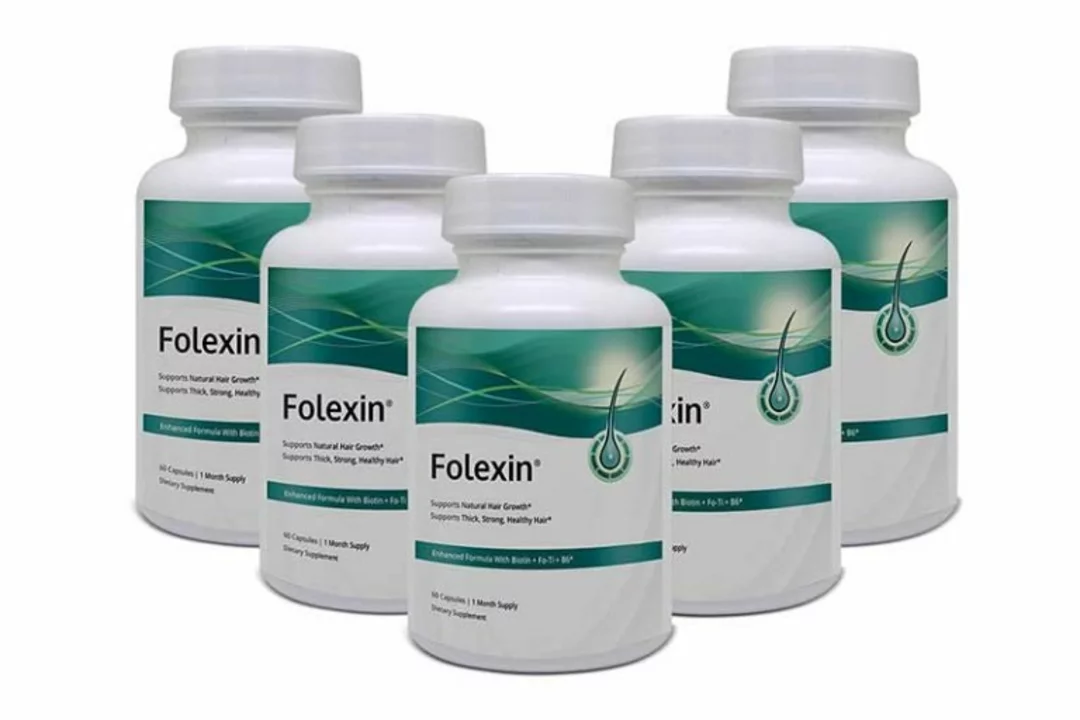Coltsfoot (Tussilago farfara): What it does and when to be careful
Coltsfoot is a common herb people have used for coughs and mild throat irritation for centuries. The leaves and flowers are made into teas, syrups or lozenges. Sounds natural and harmless, but there’s a big safety note you should know before trying it.
What people use coltsfoot for
Most folk and herbal uses focus on respiratory issues: dry coughs, bronchial irritation and sore throats. Some lab studies and old herbal texts report mild expectorant and demulcent (soothing) effects. That makes it tempting as a home remedy when your throat is scratchy or your chest feels tight.
Safety—why many experts warn against internal use
The main concern is a group of chemicals called pyrrolizidine alkaloids (PAs). PAs can damage the liver and, with long-term or high exposure, lead to serious liver problems. Because of that risk, many health authorities advise limiting or avoiding internal use of coltsfoot. That means teas, syrups, pills or anything you swallow.
Some modern manufacturers offer PA-reduced or PA-free extracts. If you choose a commercial product, look for third-party testing or clear labeling that confirms PA removal. Still, removing PAs doesn’t guarantee zero risk, so follow the product’s recommended dose and duration closely.
Don’t use coltsfoot if you’re pregnant, breastfeeding, have liver disease, or take other medicines that affect the liver. Also avoid long-term daily use. For children, err on the side of caution—ask a pediatrician first.
If you decide to try coltsfoot short-term, stick to prepared products with clear dosing instructions. For homemade tea, many herbalists recommend short courses only (a few days), but because homemade preparations can vary widely in PA content, the safer option is a tested commercial extract or choosing a different herb.
Prefer alternatives? Try marshmallow root, licorice (deglycyrrhizinated forms for long-term use), thyme, or simple honey for cough relief in adults. These options have better safety profiles and fewer liver concerns.
Quick tips: always read labels, follow dose directions, check for PA-free testing if available, and talk to your doctor if you have liver issues or take other meds. Natural doesn’t always mean safe—coltsfoot can help a scratchy throat, but treat it with respect.

